The Nootka Tribe, also known as the Nuu-chah-nulth, is a tribe with a rich and proud history. They inhabited their land for thousands of years and became experienced hunters and warriors.
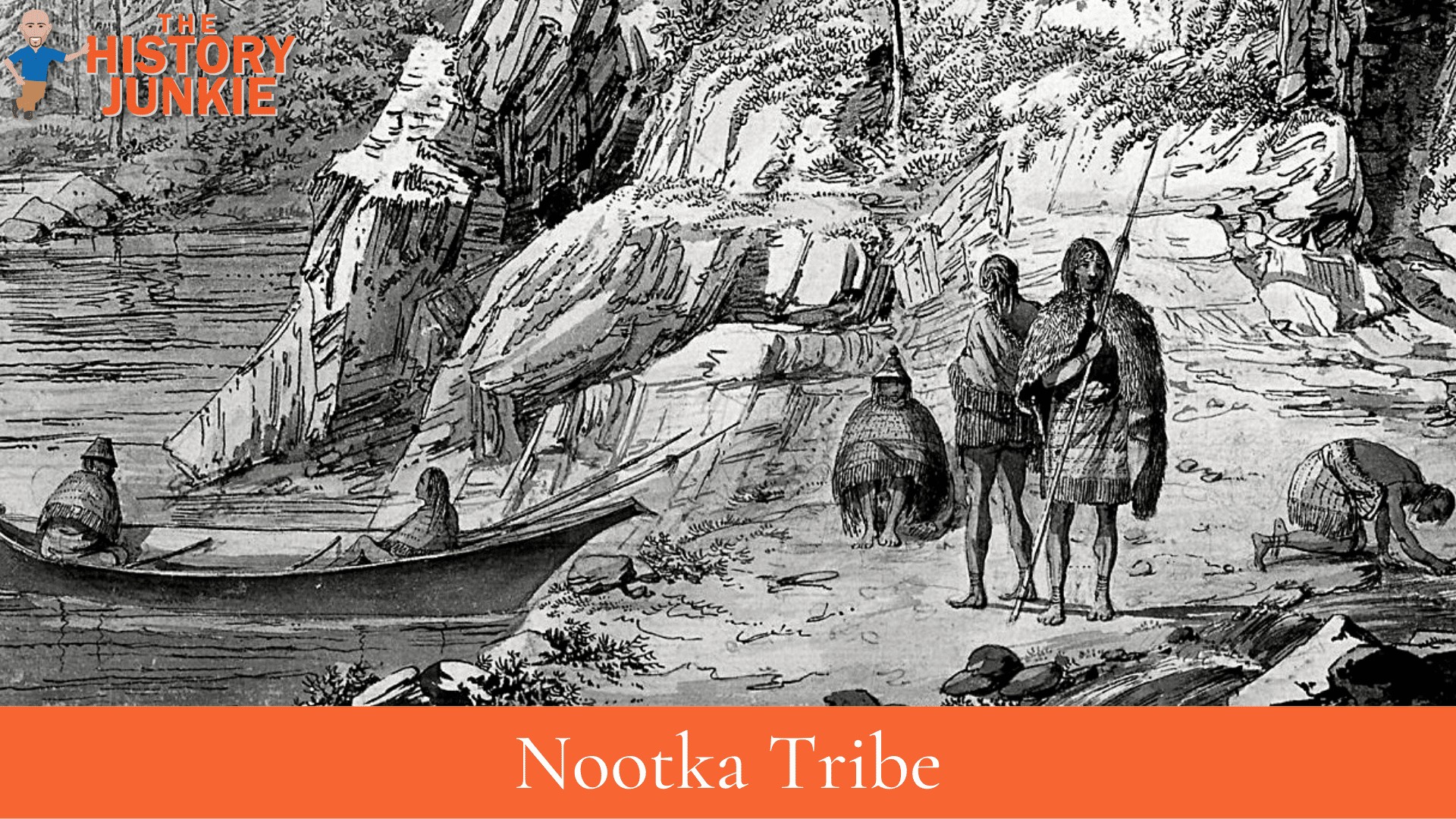
By the time of European contact, there were many strong leaders within the tribe.
Jump to:
- #1. They Are Located In Canada Near Vancouver Island
- #2. The First European Contact Occurred In 1778.
- #3. Chief Maquinna Helped Handle A Dispute Between The Spanish and Europeans.
- #4 Chief Maquinna And The Nootka Came Into Conflict With The English.
- #5. They Were Whale Hunters
- #5. Smallpox Devastated The Nootka Tribe Population
#1. They Are Located In Canada Near Vancouver Island
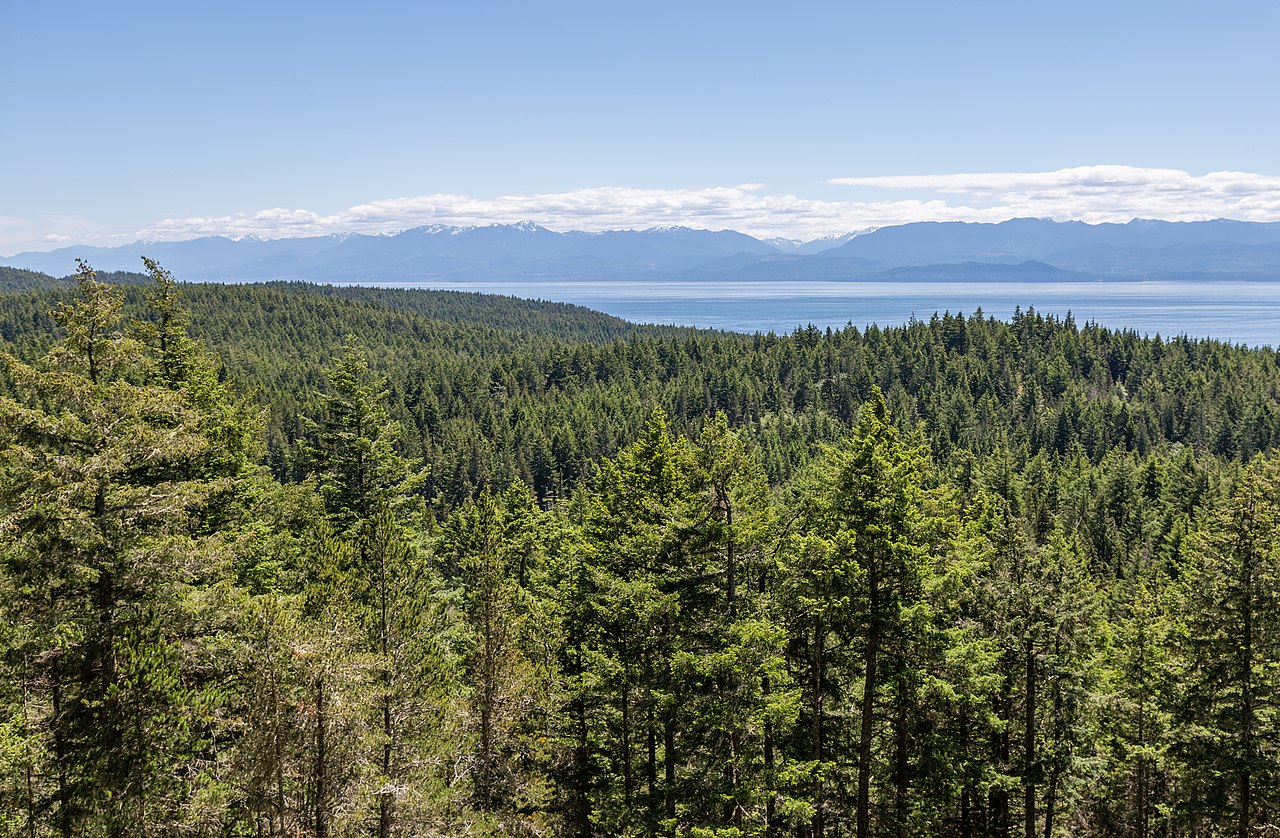
The Nootka tribe was one of many Northwest tribes located in the Pacific Northwest in Canada. Their lands would have been located on the West Coast of Vancouver Island.
They were once one of many tribes located in the area, but over time, that number dwindled.
The tribe still resides in their Homeland. In 1985, the Government of British Columbia signed an agreement to delegate authority for the delivery of Child Welfare Services to the Nootka, making the Nootka the first delegated aboriginal agency in British Columbia.
#2. The First European Contact Occurred In 1778.
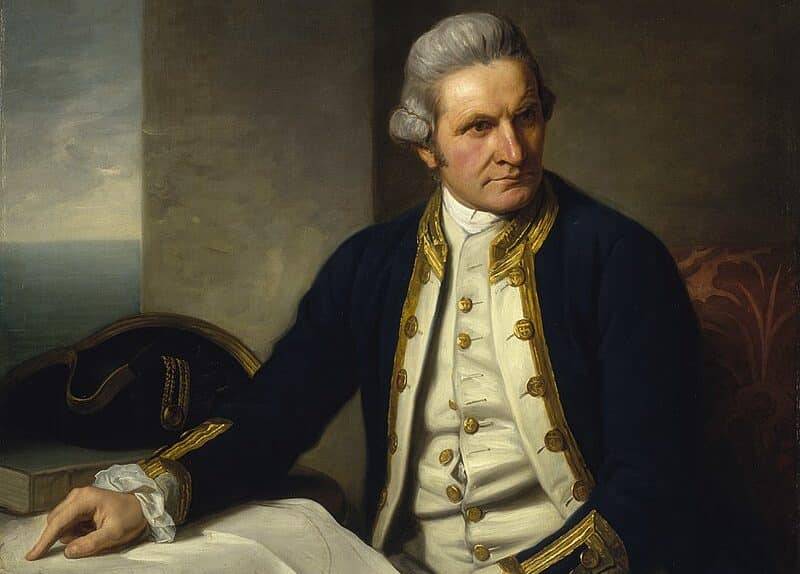
Being situated in the Northwest of North America meant that they were one of the last tribes to make contact with European powers who were exploring the New World.
By 1778, the Spanish Conquistadors had come and gone, the 13 original colonies were fighting for their independence in the American Revolution, and the Northeast and Southeast tribes were choosing sides in the conflict.
However, Captain James Cook of England was still exploring the West Coast of North America and came into contact with the Nootka and many other Northwest natives. He would be the first to make contact with the Nootka tribe.
#3. Chief Maquinna Helped Handle A Dispute Between The Spanish and Europeans.
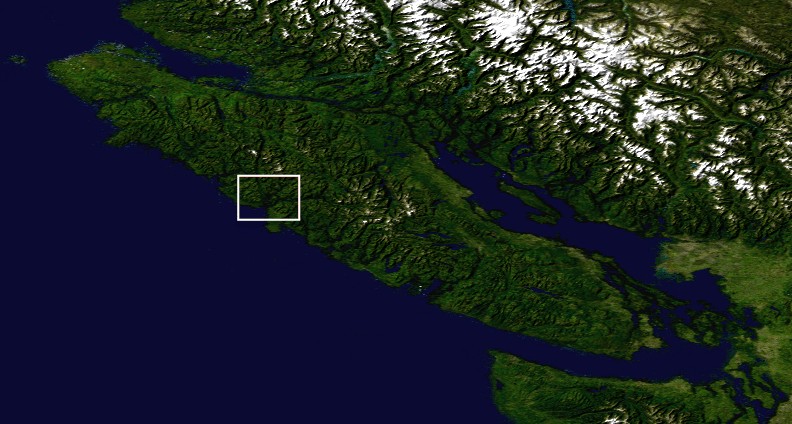
The Nootka were among the first Pacific peoples north of California to encounter Europeans, who sailed into their area for trade, particularly the Maritime fur trade.
Tensions flared up between Spain and Great Britain over control of Nootka Sound, which led to a bitter international dispute around 1790, known as the Nootka Crisis.
It was settled under the Nootka Convention, in which Spain agreed to abandon its exclusive claims to the North Pacific coast.
Negotiations to settle the dispute were handled under the aegis and hospitality of Maquinna, a powerful chief of the Nootka Tribe.
#4 Chief Maquinna And The Nootka Came Into Conflict With The English.
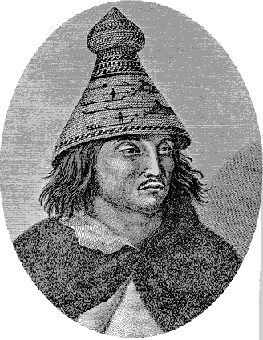
A few years later, Maquinna and his warriors captured the American trading ship Boston in March 1803. He and his men killed the captain and all the crew but two, whom they kept as slaves.
After gaining release, John R. Jewitt wrote a classic captivity narrative about his nearly 3 years with the Nootka Tribe and his reluctant assimilation into their society.
In 1811, the trading ship Tonquin was blown up in Clayoquot Sound. Tla-o-qui-aht and his warriors had attacked the ship in revenge for an insult by the ship's captain.
The captain and almost all the crew were killed, and the ship was abandoned. The next day, warriors re-boarded the empty ship to salvage it.
However, a hiding crew member set fire to the ship's magazine, and the resulting explosion killed many from the Nootka Tribe. Only one crew member, a pilot/interpreter hired from the nearby Quinault tribe, escaped telling of this event.
#5. They Were Whale Hunters

The Nootka was one of the few Native Americans on the Pacific Coast who hunted whales. Whaling is essential to Nootka's culture and spirituality. It is reflected in stories, songs, names, family lines, and numerous place names throughout their territories.
The Nootka tribe hunted whales over 4000 years ago for both blubber and meat. The Nootka peoples hunted whales of different species due to the range of territory that they reside in and the migration pattern of the whales.
Those most often caught would be either gray or humpback whales due to their more docile nature and how close they would come to the shore
#5. Smallpox Devastated The Nootka Tribe Population
The Nootka tribe endured, like so many Native Americans, a relentless epidemic of disease due to not having the natural immunity that many of the Europeans possessed.
Many tribes lost 30 - 70% of their population. The Nootka lost 90% of their population, which devastated their power, influence, and future generations.
Smallpox did not discriminate with whom it hurt. It would hit young, old, strong, and weak.
